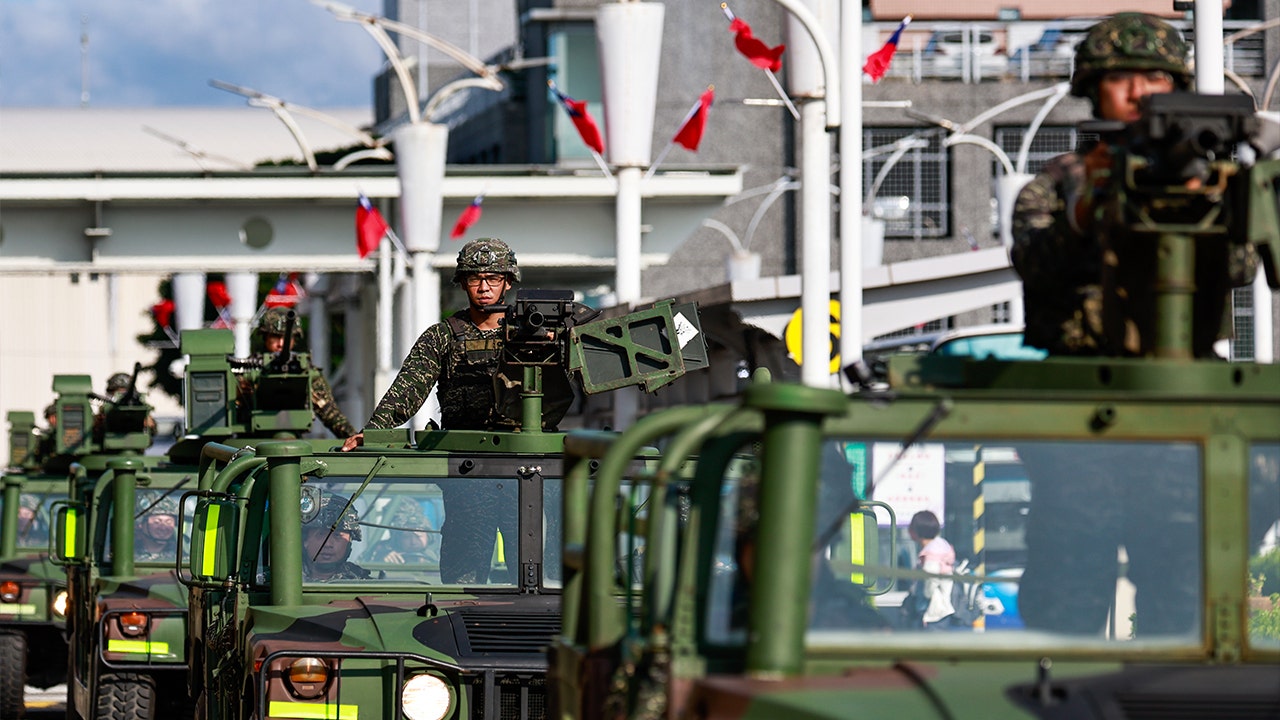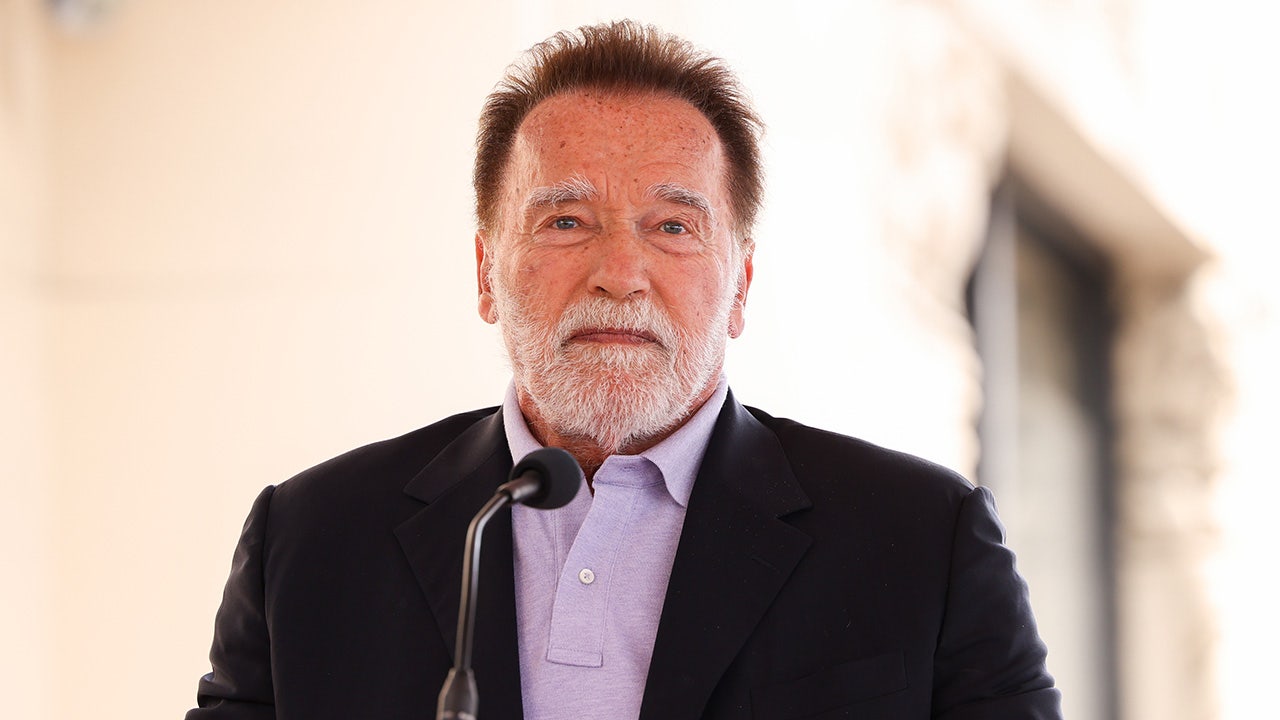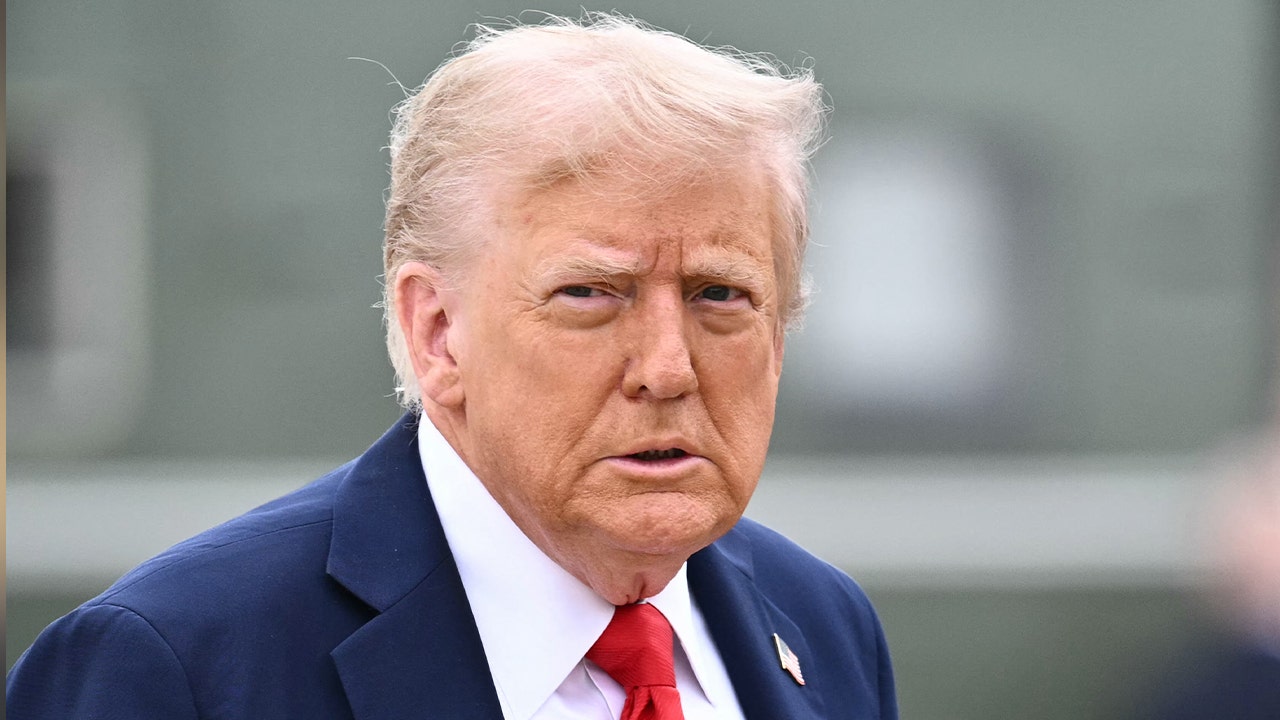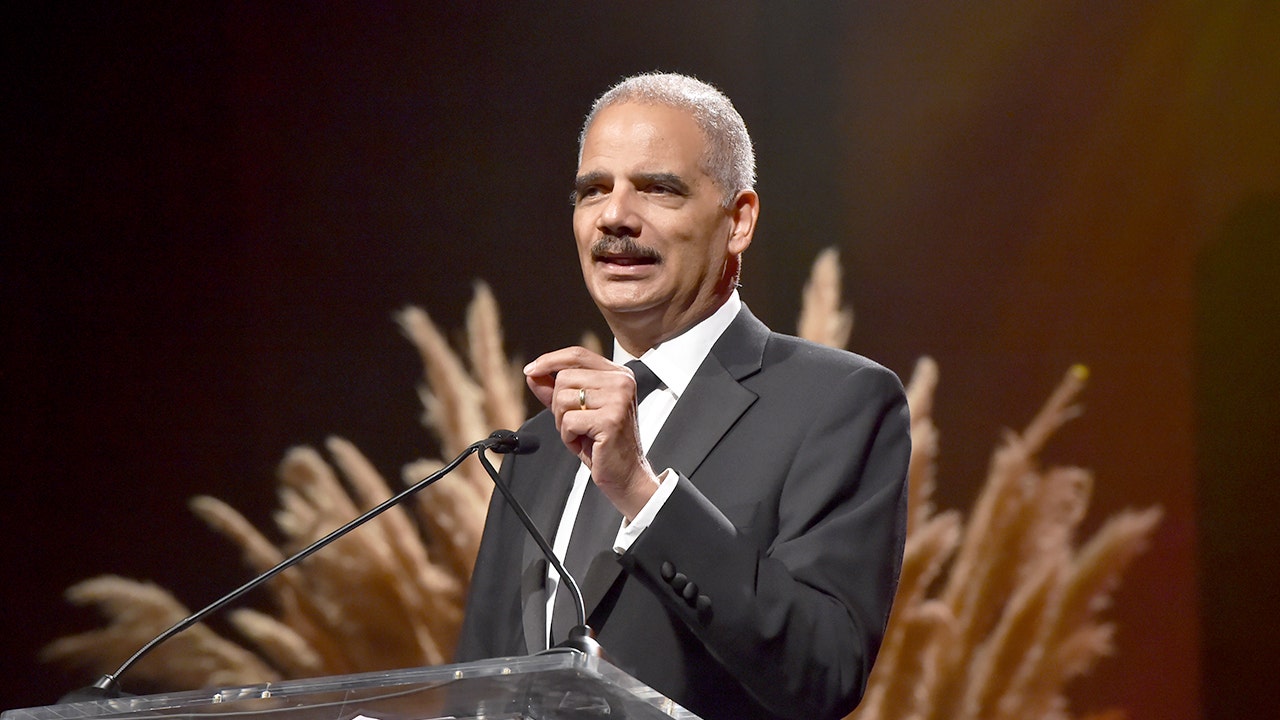NEWYou can now listen to Fox News articles!
Power has always flowed from control of the world’s essential resources. Once it was steel, then oil, then data. Today, it is compute, and whoever controls it will shape the century ahead. Compute is fast becoming the foundation of global economic growth. In the United States, investment in AI infrastructure, from data centers to semiconductors and energy systems, is already moving the needle: J.P. Morgan estimates that data-center spending alone could boost U.S. GDP by up to 20 basis points over the next two years. According to The Economist (October 2025), investments tied to AI now account for 40% of America’s GDP growth over the past year, equal to the amount contributed by consumer spending growth. That statistic would be staggering regardless of how long AI has been part of the economy, but this is just the start.
That concentration of growth marks a new source of strategic leverage. Like oil a century ago, compute is the indispensable fuel of the century to come. It will shape national prosperity and, inevitably, global power. The United States, for the moment, holds an advantage, an edge that could determine whether democracies lead this revolution — or surrender it to state-power.
TRUMP'S AI PLAN IS A BULWARK AGAINST THE RISING THREAT FROM CHINA
The American Edge
At the heart of that opportunity is the American AI stack. This is not a single company’s product, but an ecosystem. Semiconductors and servers made and assembled in the U.S. Open-source models and cloud services rooted in free and fair competition. It offers a secure, democratic alternative that is built on openness.
The United States must act immediately as state-backed rivals are working towards building their own complete AI stacks and have a history of offering financing that poorer governments find hard to refuse.
The Deployment Gap
Most nations are not trying to spend billions training new models. They need the ability to run them. Training creates AI; deployment makes it useful. Without deployment capacity, AI remains a research project. With it, AI becomes the operating system of the economy.
Consider the demand. India needs AI infrastructure to manage urban growth and deliver services to billions. Europe is seeking compute to accelerate breakthroughs in clean energy and climate research. Across Africa, governments are turning to digital tools to expand financial access and modernize health care. If the United States doesn’t provide compute, others will.
Washington has started to recognize this reality. The current administration’s AI Action Plan calls for faster data center construction, domestic semiconductor production and deeper cooperation with allies. But ambition must meet execution. Without reliable infrastructure that can be exported and scaled, American leadership risks becoming an asterisk in history books.
CLICK HERE FOR MORE FOX NEWS OPINION
The gap is stark. Fewer than 40 countries today have AI-specialized data centers. More than 150 have none. Into this void, rivals are moving decisively. If the United States does not respond, it will cede influence for decades.
Exporting Prosperity
America is already compute-rich. Exporting the American AI stack will strengthen alliances and align incentives abroad. It would fuel a new wave of growth. Every server shipped overseas drives demand for U.S. manufacturing, energy, and services. Each deployment extends American leadership worldwide.
CLICK HERE TO GET THE FOX NEWS APP
The benefits would be felt at home as well. Selling compute, the fuel of the generative age, creates revenue that flows back into the American economy. If exporting the resource that powers the next century doesn’t help pay down the national debt, nothing will.
The American AI stack is ultimately about who sets the terms of the century ahead. If we lead, AI will advance under rules of openness and fairness. If we stand aside, others will decide for us. The world is waiting. The countries that control compute, will control AI. The only question is which countries.
Jonathan Ross is the CEO and founder of Groq.


















































